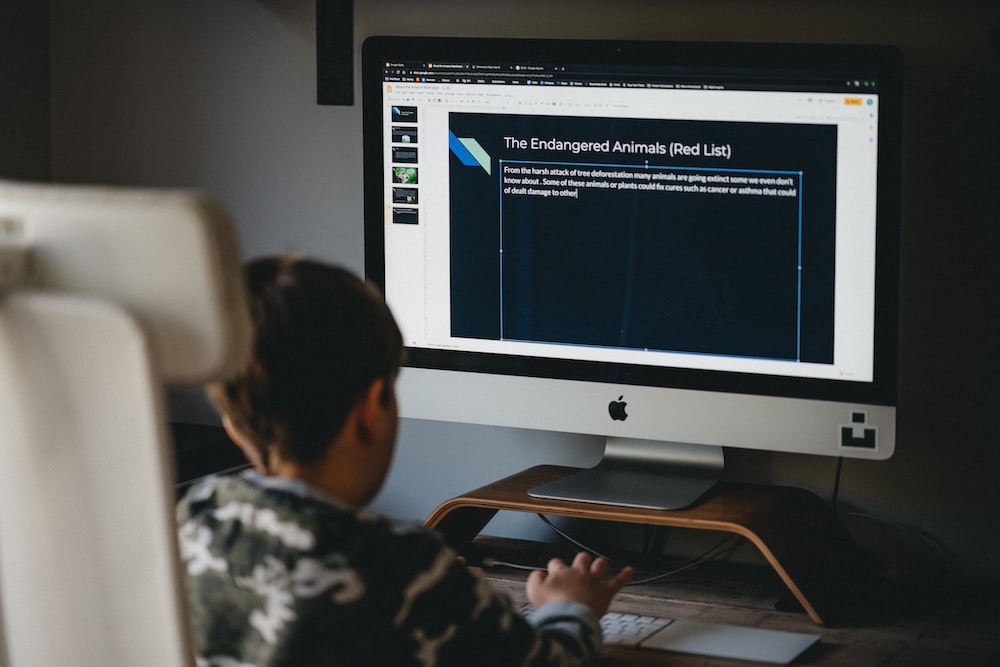In One World International School’s Grade 5 to Grade 6 Transition Assembly for students, the most frequently asked question usually concerns homework. For this reason, it’s worth looking into the importance and advantages of homework and how it relates to a child’s progress in school and beyond.
At the outset, the OWIS approach to learning considers that children do better if they experience their own learning as something agreeable, something other than work. Consequently, the term ‘homework’ is replaced with the friendlier term ‘learning at home.’ Children love to share what they enjoy. If they enjoy learning because they don’t regard it as work, they will want to share their enjoyment and enthusiasm with their parents.
At OWIS, your child will spend several concentrated hours each day actively learning at school. However, a typical school day consists of co-scholastic learning, regularly scheduled breaks, lunchtime, and the time it takes to transition between classrooms and teachers. While these are all necessary, they lessen the amount of time children have to learn in school. This is where learning at home becomes an exciting supplemental resource, especially for secondary students.
What Are the Benefits of Learning-at-Home for Secondary Students?

Attitudes towards learning-at-home (or homework as other schools call it) shift with time, and parents and their children may not always agree on its importance for learning. However, it does have clear benefits for the development of secondary students:
- Cultivating positive dispositions and behaviours that increase motivation and engagement in learning clearly impact a student’s future.
- Purposeful learning at home with defined goals promotes resilience, discipline, and time management skills. These skills play an important part as secondary students move on to university and into adulthood.
- Beyond the sphere of school, skills gained from student engagement with regular learning at home or homework can improve relationships and strengthen bonds between parents and their children.
Some other advantages of learning at home are:
- Opportunities for independent learning and research
- Improved organisational skills
- Better academic performance
- Increased sense of personal responsibility
- Improved focus
How Does OWIS Approach Learning at Home at the Secondary Level?
OWIS takes a systematic approach to learning at home with subject-specific projects that align with and link to certain skill sets and knowledge introduced in the classroom. Students work from their strengths to develop transferable skills that will help them succeed in secondary school, college and the workplace.
From the comfort of their own homes, children feel more free to explore topics using individual methods. They use original resources and tackle tasks in uniquely creative ways. They can then share their methods with others at school and discuss whether they feel they were successful or if their methods and conclusions have room for improvement.
For instance, our Grade 6 learners particularly enjoyed writing their autobiographies as a three-week project with defined learning outcomes.
Why Do Learning-at-Home Opportunities Become Progressively More Challenging?
As OWIS students progress through the grades from Grade 6 to Grade 10, learning at home progresses with them. As a result, older children anticipate higher expectations. This, in turn, helps better prepare them for IGCSE examinations as they move into Grades 10 and the IB DP Grades 11 and 12.
Learning-at-home activities are wide-ranging and designed with a keen awareness of optimal learning outcomes and skills attainment. Care is taken to provide support for active learning and this includes the form tutor who offers assistance and strategies to address specific objectives. Students gain confidence when they are supported and given opportunities to succeed as learners.
About Learning-at-Home for Grades 11 and 12
In Grades 11 and 12, our older students take full control of their learning. Of course, they still have assignments that must be completed at home. However, they’re also encouraged to take the reins regarding when and how much they learn. This means our IB DP students are responsible for staying organised, for reading ahead, reviewing each day’s lesson in preparation for tomorrow and challenging their academic limits.
If you would like to experience the OWIS difference for yourself and find out why we’re a top international school in Singapore, we’d love the opportunity to meet with you and your child. Contact our Admissions Counsellor today or book a tour of our stunning Nanyang campus in Singapore.
At One World International School, we’re teaching students that learning and academic achievement aren’t work. Rather, they’re opportunities to be embraced and explored. Whether learning happens in school or at home, it still plays a vital role in how far your child will go in life and in how prepared they’ll be when they get there. So we invite you and your family to join us on this exciting adventure today.
(This blog was written in collaboration with Ms Shelley Drennan, former English teacher at OWIS.)














